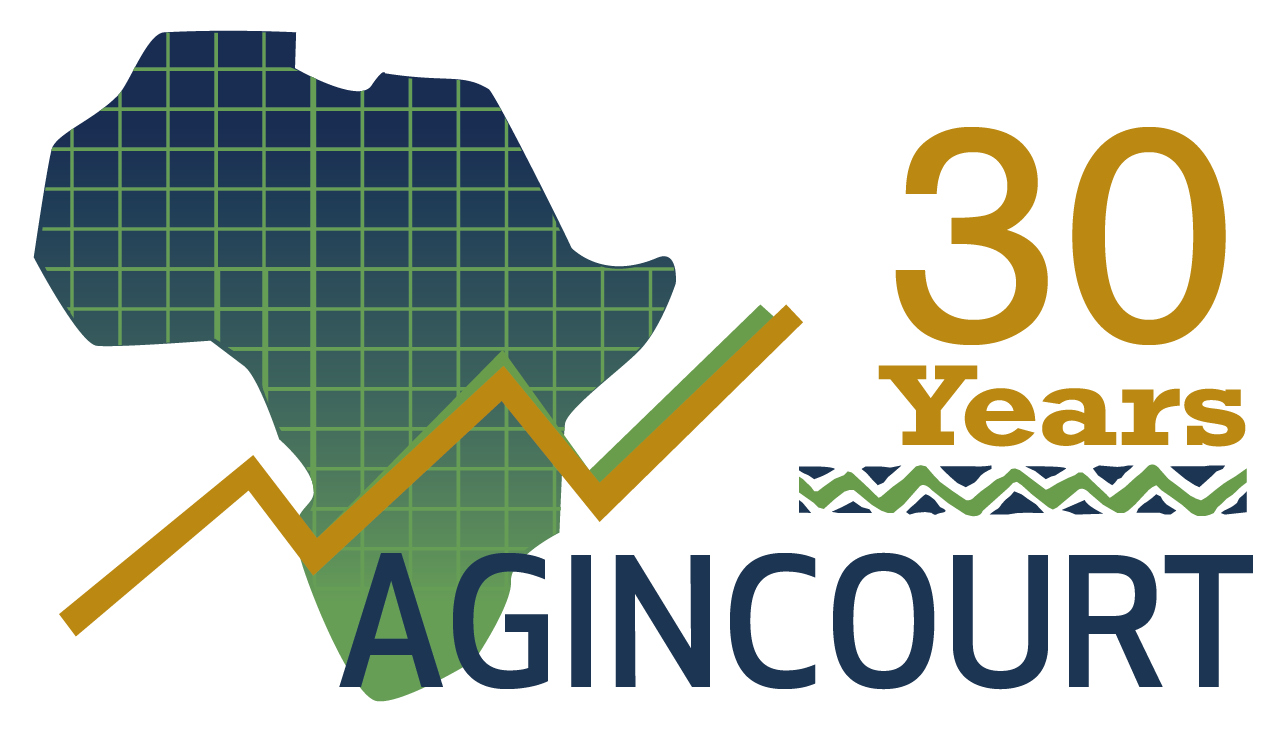Adolescent Health & Development
-
DoBAT
Digital delivery of Behavioural Activation to overcome depression and facilitate social and economic transitions of adolescents in South Africa (the DoBAT Study)
 Depression is the leading cause of disability worldwide, and its incidence peaks during adolescence. In South Africa, around 20% of adolescents struggle with symptoms of depression. Left untreated, depression interferes with young people’s ability to fulfil their potential and is a significant risk factor for suicide. Effective psychological treatments to address depression exist, but the reality is that most young people do not have access to them.
Depression is the leading cause of disability worldwide, and its incidence peaks during adolescence. In South Africa, around 20% of adolescents struggle with symptoms of depression. Left untreated, depression interferes with young people’s ability to fulfil their potential and is a significant risk factor for suicide. Effective psychological treatments to address depression exist, but the reality is that most young people do not have access to them. The DoBAt study aimed to develop and evaluate a digital intervention to address depression amongst adolescents in low- and middle-income countries using an evidence-based psychological therapy called Behavioural Activation. (Behavioral Activation Therapy helps individuals overcome depression by encouraging engagement in meaningful and enjoyable activities.)
During phase 1 (March 2019 and September 2021), we developed the Kuamsha app through a collaborative design process involving over 160 adolescents and other stakeholders. Kuamsha is an interactive narrative game with six sessions based on core behavioural activation principles. Trained peer mentors provide weekly phone calls to help adolescents apply what they learn in the app to their daily lives.
During phase 2 (Sept 2021-March 2023), we conducted a pilot randomised controlled trial (n=200) to assess the feasibility, acceptability, and initial efficacy of behavioural activation, digitally delivered (via the Kuamsha app) in addressing depression among adolescents in rural South Africa. We also piloted novel locally-adapted measures of mental health, social cognition, executive functioning, and key socio-economic outcomes.
- PI(s): Kathleen Kahn, Alan Stein
- Project Manager: Bianca Moffett
- Funder: South African Medical Research Council (SA) and UK Medical Research Council (UK)
- Collaborating Institutions: Oxford, Cambridge and Exeter Universities (UK); University of Cape Town, and University of Limpopo (SA); University of California Los Angeles (USA)
-
Ntshembo Trial
Ntshembo (Hope) Trial - Intervention to optimise adolescent BMI pre-conception to address the double burden of malnutrition: an RCT in rural and urban South Africa
 Obesity is a rapidly growing problem in rural as well as urban adolescent girls in South Africa. This, together with persistent underweight, is fuelling increased type 2 diabetes in young women and putting their future offspring at similar risk. Boosting adolescent nutrition and introducing pre-pregnancy interventions that foster healthy habits in low-income communities—where early childbearing is common—could be key to reversing this trend.
Obesity is a rapidly growing problem in rural as well as urban adolescent girls in South Africa. This, together with persistent underweight, is fuelling increased type 2 diabetes in young women and putting their future offspring at similar risk. Boosting adolescent nutrition and introducing pre-pregnancy interventions that foster healthy habits in low-income communities—where early childbearing is common—could be key to reversing this trend.The Ntshembo trial enrols both underweight and overweight girls aged 14-19 years from rural Agincourt and urban Soweto. An 18-month intervention is delivered by community health workers (CHWs) who: (i) promote healthy behaviours and improve diets; (ii) provide a multi-micronutrient supplement to combat deficiencies, particularly anaemia; (iii) provide the primary caregiver with a conditional cash transfer to encourage and enable better household dietary diversity within the context of food insecurity, and (iv) support adolescents who become pregnant to use antenatal care services earlier in their pregnancies and more frequently. CHWs are trained in 'Healthy Conversation Skills' that support behaviour change, developed and tested for use with socioeconomically disadvantaged women.
After the baseline assessment and randomisation, participants will be reassessed after 18–24 months. If a participant becomes pregnant during this period, an early reassessment will take place, followed by additional data collection throughout pregnancy and at birth. The trial also features an in-depth process and economic evaluations to capture its full impact.
- PI(s): Kathleen Kahn, Shane Norris
- Project Managers: Eva Mathatha, Simone Crouch
- Funder: Joint Global Health Trials Scheme
- Collaborating Institutions: Developmental Pathways for Health Research Unit (DPHRU), Cambridge University (UK), and the University of Limpopo (SA)
-
Implementation Science to Improve Delivery of PrEP
The project, Implementation Science Methods to Improve PrEP Services for People at Risk for HIV, aims to fill the critical gap in the delivery of equitable, integrated, and quality HIV care, including PrEP for adolescents and young women at risk of HIV infection in the Bushbuckridge, Mpumalanga area.
PrEP, or pre-exposure prophylaxis, is medicine people at risk for HIV take to prevent getting HIV from sex or injection drug use.
The project includes three phases:
- Understanding how PrEP is delivered by examining patients, clinics, and the health system.
- Identifying practical strategies that clinics can use to improve PrEP delivery.
- Monitoring these strategies to see what works and recommending broader implementation.
PI(s): Sheri Lippman, Kathleen Kahn, Hannah Leslie
Project Manager: Denny Mabetha
Funder: NIMH, NIH (USA)
Collaborating Institutions: University of California, San Francisco (USA)


